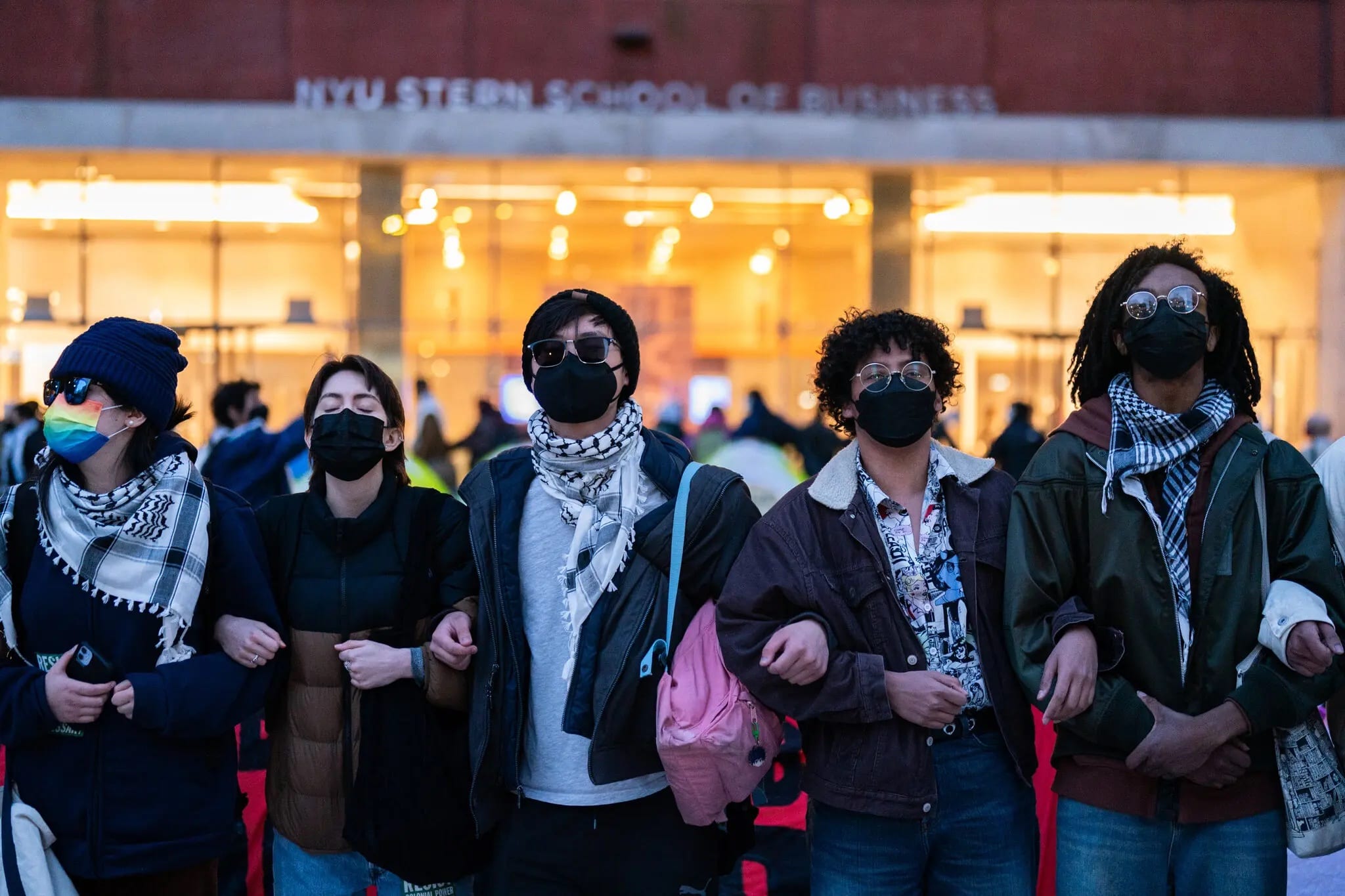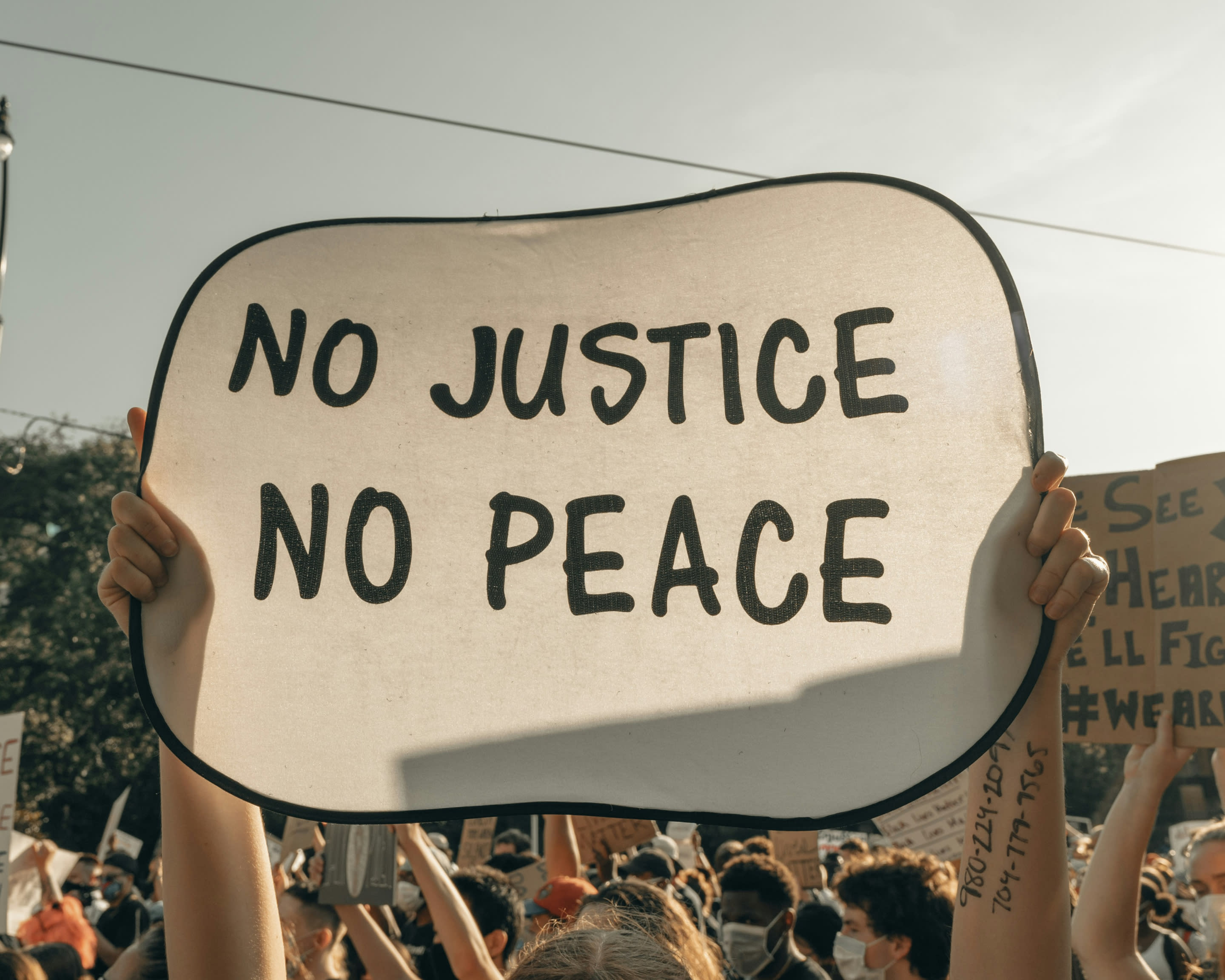
Research & Treatment for Veterans Exposed to Toxic Substances (H.R. 4816)
Do you support or oppose this bill?
What is H.R. 4816?
(Updated July 18, 2017)
This bill would select and designate a VA medical center to serve as the national center for diagnosing, treating, and researching health conditions related to toxic substance exposure.
Service members who were exposed and their biological descendents would be able to receive treatment for their health conditions at the designated national VA medical center.
An advisory board would be established to work with the chosen medical center to determine which health conditions are the result of exposure to toxic substances. The advisory board would also study and evaluate cases involving the exposure of current and former members of the Armed Forces to toxic substances.
Eligibility would be extended for medical care and caregiver assistance to descendants of a veteran who was exposed to toxic substances while serving as a member of the Armed Forces. Eligible descendants would be home bound from a condition resulting from exposure to toxic substances. They would also be eligible if the veteran they are related to either had, or currently has the same health condition.
Argument in favor
Members of the Armed Forces and their families who suffer from health conditions linked to toxic substance exposure deserve robust support from the government. Centralizing this program at a VA medical center will lead to improved treatment outcomes.
Argument opposed
The VA is already overwhelmed and unable to provide adequate care to veterans. This program should be outsourced to a non-government entity that will be more responsive to patient needs, with the government still fulfilling their financial promises to veterans.
Impact
Impact: Active and former members of the Armed Forces who were exposed to toxic substances, their families, the VA, DOD, HHS.
Cost of H.R. 4816
A CBO cost estimate is unavailable.
Additional Info
In Depth:
H.R. 4816 would establish an Office of Extramural Research to study wounds, illnesses, injuries, and other conditions suffered by active members of the Armed Forces. The office would also assist the advisory board when considering claims of exposure to toxic substances.The Secretary of Defense (DOD) would be authorized to declassify documents with information on known incidents where 100+ members of the Armed Forces were exposed to a toxic substance, leading to at least one case of disability.
The VA has been attempting to track instances of toxic substance exposures in the military,
so that it can attend to the healthcare needs of the affected military
members. Currently, those veterans who were exposed to hazardous
substances can receive a free evaluation, and do not need to enroll in
the VA healthcare system
to be put into a VA health registry. After the results of the
evaluation are known, veterans can then enroll in the system to receive
treatment.
Currently, the VA has three War Related Illness and Injury Study Center
(WRIISC) locations in California, New Jersey, and Washington D.C. This
bill would look to focus research and treatment related to toxic
substance exposure at one VA facility somewhere in the U.S.
There
have been a number of toxic substances that members of the Armed Forces
have been exposed to over the years that have caused illness. Agent Orange, Gulf War Illnesses, radiation exposure, chemical and biological warfare agents, among other causes have led to significant health problems for veterans. The U.S. military monitors around 70,000 individuals for occupational radiation exposure.
Media:
Sponsoring Rep. Mike Honda (D-CA) Press Release
Press Conference Video from Rep. Mike Honda (D-CA)
Testimony of the Iraq & Afghanistan Veterans of America (In Favor)
(Photo Credit: "FlashSuit" by SrA Carlye D. La Pointe. Licensed under Public domain via Wikimedia Commons)
The Latest
-
 Protests Grow Nationwide as Students Demand Divestment From IsraelUpdated Apr. 23, 2024, 11:00 a.m. EST Protests are growing on college campuses across the country, inspired by the read more... Advocacy
Protests Grow Nationwide as Students Demand Divestment From IsraelUpdated Apr. 23, 2024, 11:00 a.m. EST Protests are growing on college campuses across the country, inspired by the read more... Advocacy -
 IT: Here's how you can help fight for justice in the U.S., and... 📱 Are you concerned about your tech listening to you?Welcome to Thursday, April 18th, communities... Despite being deep into the 21st century, inequity and injustice burden the U.S. read more...
IT: Here's how you can help fight for justice in the U.S., and... 📱 Are you concerned about your tech listening to you?Welcome to Thursday, April 18th, communities... Despite being deep into the 21st century, inequity and injustice burden the U.S. read more... -
 Restore Freedom and Fight for Justice With GravvyDespite being deep into the 21st century, inequity and injustice burden the U.S., manifesting itself in a multitude of ways. read more... Criminal Justice Reform
Restore Freedom and Fight for Justice With GravvyDespite being deep into the 21st century, inequity and injustice burden the U.S., manifesting itself in a multitude of ways. read more... Criminal Justice Reform -
 Myth or Reality: Is Our Tech Listening?What's the story? As technology has become more advanced, accessible, and personalized, many have noticed increasingly targeted read more... Artificial Intelligence
Myth or Reality: Is Our Tech Listening?What's the story? As technology has become more advanced, accessible, and personalized, many have noticed increasingly targeted read more... Artificial Intelligence
 Climate & Consumption
Climate & Consumption
 Health & Hunger
Health & Hunger
 Politics & Policy
Politics & Policy
 Safety & Security
Safety & Security

I am a Marine Mom. My son, a Marine Veteran, Aaron Tyler Crum is incarcerated at the Michael Unit in Texas. He has no criminal history. He defended his home in Texas from an unlawful entry and he was restrained and beaten by three men. He was found guilty of murder and is serving a 50 year sentence. I am fighting on his behalf as an incarcerated veteran and other incarcerated veterans. When incarcerated if you are a felon, the VA reduces your pay. Additionally incarcerated veterans have to rely on prison medial care which is non existent.
My son was honorably discharged. He served in Afghanistan. He worked in the burn pits picking out the trash that did not burn. He breathed in toxic fumes and handled toxic material. He does not receive the disability compensation he is entitled to nor will he receive healthcare provided by the Pact Act Law. The VA is discriminating against honorably discharged veterans.
I want a bill introduced "The Incarcerated Veterans Act" that will give incarcerated veterans their full disability compensation and healthcare provided by the Pact Act Law. These veterans will be released with little or no money and many may be impacted by illness, cancers and terminally ill.
What about disparities and inequities of incarcerated veterans not mentioned in the Equity Action Plan Summary U.S. Department of Veterans Affairs?
Delivering equity through VA
For VA, equity means intentionally committing to consistent and systematic fair, just and impartial treatment of all individuals and a just distribution of tools and resources to give veterans, including veterans who are members of underserved communities, what is required
to enjoy a full, healthy life. In the 73 years since President Truman desegregated the military in 1948—making discrimination on the basis of race illegal in the armed forces – many forms of inequity persist in American society. VA is not excluded from the systemic injustices and inequities that pervade American society. For example, GI Bill and loan guaranty programs were instrumental in economic prosperity and access to homeownership for veterans in the postwar years, but many Black veterans lacked the same level of access. Additionally, exclusionary policies such as Don’t Ask, Don’t Tell affected LGBTQI+ service members and led to the involuntary separation and denial of benefits for many LGBTQI+ veterans. Other instances of inequities faced by underserved veterans include disparities in claim rejection rates, unequal post- traumatic stress disorder (PTSD) compensation rates, and address discipline and discharge disparities faced by underserved veterans.
https://www.whitehouse.gov/wp-content/uploads/2022/04/VA-EO13985-equity-summary.pdf
Pact Act Law
https://www.congress.gov/bill/117th-congress/house-bill/3967